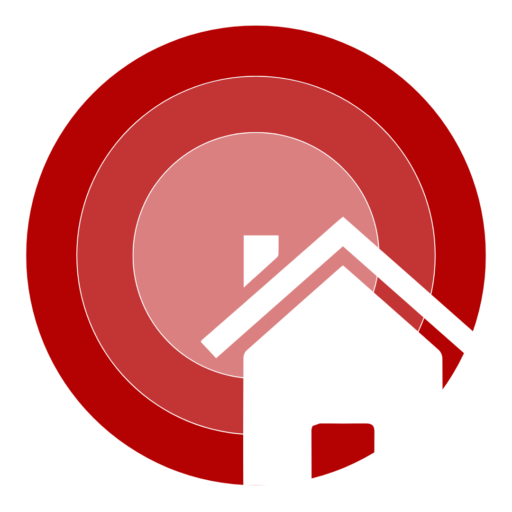
Buying your first home can be an exciting and nerve-wracking experience. You not only have to find the right place, but you also have to find the right mortgage. With low inventory in many local markets and rising home prices nationwide, finding an affordable home can be a challenge.
When preparing to purchase a home, it’s easy to get caught up in the excitement and lose sight of practical financial matters. To help keep you on the solid fiscal ground while looking for your next home, let’s look at how to avoid borrowing more than you can afford when buying a house in Shoreline.
Don’t Rush It
You might feel pressure to find a home right away, but before you visit houses and start making offers, your financing needs to be in order. Before we get to any of the nitty-gritty bits, the best way to avoid digging yourself into a large financial hole is to give yourself a long, reasonable timeline for your purchase.
Making rash decisions based on knee-jerk reactions is a surefire way to get in over your head with someone as big as buying a house in Shoreline. By taking your time and practicing patience, you’ll be able to get all your ducks in a row by budgeting.
Do your best to stick to your budget and save as much money as possible to put yourself in the best position come time to put in an offer on your dream home.
Run the Numbers
After you have your budget put together and can see your monthly available savings, calculate your debt-to-income ratio just like you are a mortgage lender. Also, consider that homeownership comes with added expenses in addition to those monthly mortgage payments. You need to save for inevitable maintenance expenses, repairs, insurance, property taxes, homeowner’s association fees (if applicable), and other costs that you do not have to pay as a renter.
This is done by taking your monthly gross income and multiplying it by 28% (0.28) and 36% (0.36). The first resulting number is the maximum a lender wants you to pay every month for your combined mortgage, taxes, and home insurance. The second result is the maximum number they want you to pay for mortgage, taxes, insurance, and any outstanding debts.
Going over either of these numbers will certainly put your mortgage application in jeopardy.
Minimize Your Debts
Now that we know your personal debt can add up into a large problem very quickly, it’s advisable to do your best to pay down those debts before getting too serious about hitting the market.
A good way to start this process is to request your free annual credit report from the major credit rating agencies. Go through the credit report very carefully to check for any inaccuracies or to find any debt you may have forgotten about over the years. Factor into your budget a way for you to pay your debts down, and you will be on your way to a better standing with your chosen mortgage lender.
Be Realistic
The rule of thumb when it comes to the portion of your income devoted to your mortgage, taxes, and insurance as stated above is 28%.
Giving yourself an additional cushion beyond that is highly recommended, and should be part of your budget calculation to offer yourself some protection in the event you or a family member lost their job.
Just as your lender is running calculations to determine how much money they can feasibly offer you, it’s up to you to know what monthly payment is acceptable even during times of fiscal stress. Don’t fixate on the maximum loan amount for which you’re approved, but on whether you can afford the monthly mortgage payment at that price point. First-time homebuyers might want to be extra cautious and buy a home below their maximum budget.
Eyes on the Details
Once you’re looking through your mortgage options, you want to make sure you understand different types of mortgages and their fees.
Traditional fixed-rate mortgages remain incredibly popular, but some lenders have adopted adjustable-rate mortgages as a norm over the years. If you see the interest rate provided by an adjustable-rate mortgage, please keep in mind that this is the introductory interest rate and it will increase over time.

Be sure to ask any questions of your lender prior to signing on the dotted line if you feel you do not fully understand every detail of your monthly mortgage payment.
Your Partner When Buying a House in Shoreline
Trying to search for a home on your own is time-consuming and complicated. If you’re planning on buying a house in Shoreline and want someone to help you remember all the little details, contact us today at (206) 578-3438!
